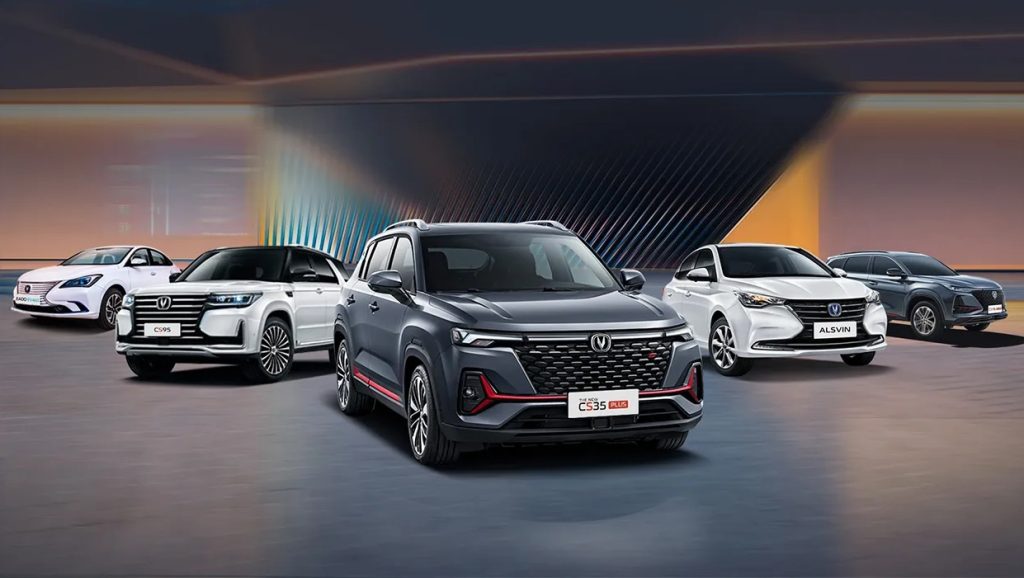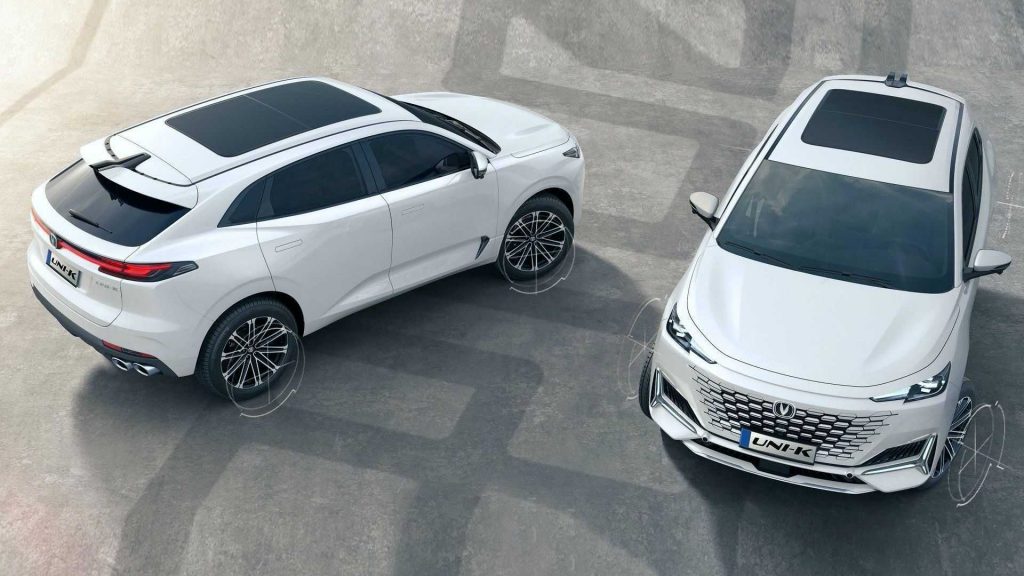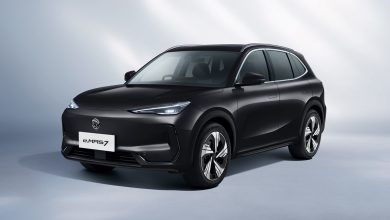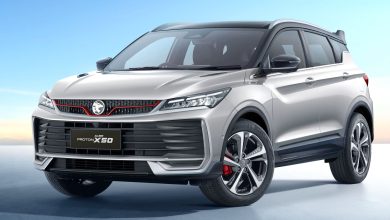Changan Breaks Ground On New Manufacturing Hub In Thailand

The Thai factory aims to eventually produce 200,000 Changan vehicles when fully operational.
Another day, another Chinese automaker is making big waves in ASEAN. And this time its Changan, who has recently broke ground on its new Thai production plant in the Rayong province.
An endeavour previously announced publicly in April, the recent ground-breaking ceremony marks the first concrete step towards Changan’s ambitions to produce New Energy Vehicles (NEVs) in Thailand. Expected to be up and running by early 2025, the 600-arce plant, which will include paint, engine and battery production lines as well as final assembly and associated supporting facilities, will initially have the capacity to produce a whopping 100,000 units of EVs, PHEVs and range-extending EVs a year in its first phase of operations.

The second stage of its Thai factory ambitions however are perhaps to be even more grand, with the Chinese automaker will apparently be investing a total of 20 billion baht (RM2.6 billion) to ramp production capacity up to 200,000 vehicles annually. Vehicles of which will be incidentally not just be sold in Thailand, but apparently in the rest of South East Asia and other global right-hand drive markets too.
Changan follows on from a recent flood of Chinese automakers making their production mark in Thailand lately, with BYD and Great Wall being the other two notable players that are to incidentally be its (indirect) neighbours in the Rayong site where Changan has recently broke ground for its factory. Other notable automakers from China who also are investing heavily in a Thai production base meanwhile include MG Motor parent company SAIC Motor, Neta V producers Hozon New Energy Automobile and Guangzhou Automobile Corporation (GAC).

“As Changan’s first car plant in Thailand, the investment reflects Thailand’s potential and readiness to become a regional and global EV production hub”, said Narit Therdsteerasukdi, secretary general of Thailand Board of Investment. The Chinese automaker’s investment in the country is aligned with the Thai government’s goal of having 30% of its annual vehicle production consist of EVs by 2030.
It remains to be seen however as to what NEVs exactly the Chinese automaker will be manufacturing in Thailand, and how soon these Thai-produced Changans will make its way across the border down south to us. What is nevertheless certain though is that its existing range of mostly Chinese clones of Toyota Hiaces and Ford Transits it currently sells over here will likely not be something it will wish to market alongside its presumably chic new EVs.





